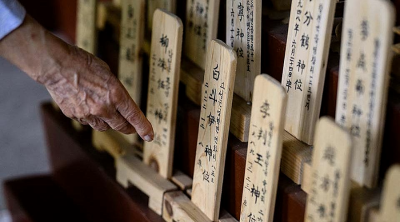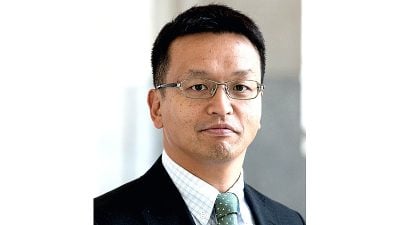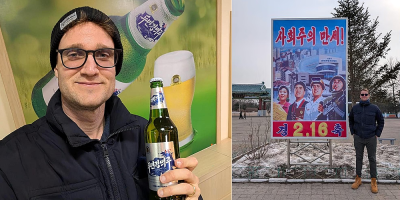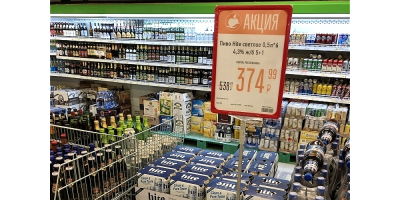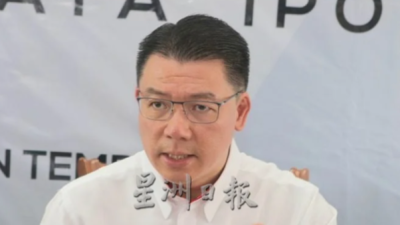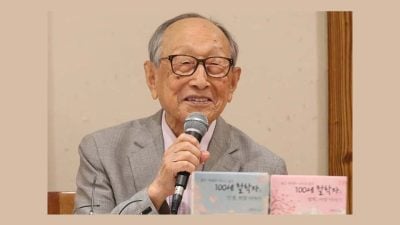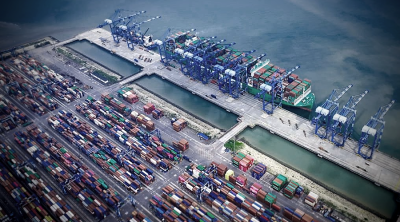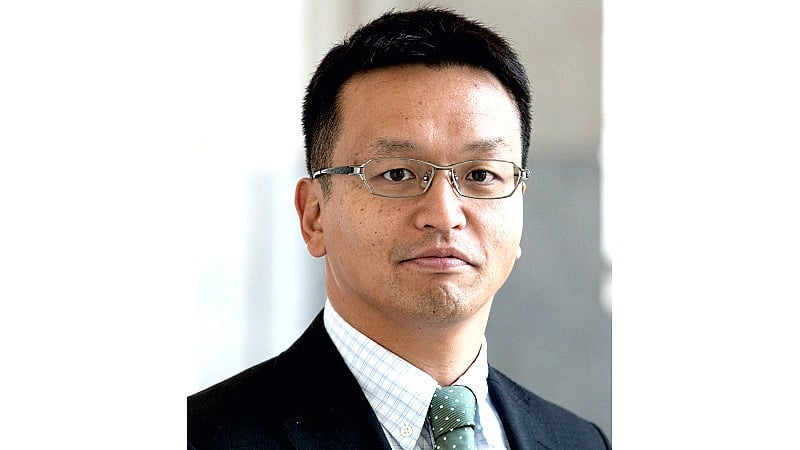
A new “Missile Industry Day” has been established in North Korea.
At a session of the Permanent Commission of the Standing Committee of the Supreme People’s Assembly, which is equivalent to the National Diet, an ordinance was adopted to make November 18 a public holiday. This is based on the 2022 test launch of the Hwasong-17 intercontinental ballistic missile (ICBM).
Many people may recall that it was the day when Chairman of the State Affairs Commission Kim Jong-un first introduced his “beloved daughter.”
Major Japanese media outlets also reported on the establishment of “Missile Industry Day” all at once, but the current assessment is that they were given more coverage than necessary due to Korean media coverage.
Rodong Sinmun, the official newspaper of the Korean Workers’ Party, only reported the news of the Permanent Commission meeting in a small box article in the middle of the second page.
If this was an important move, there would probably be an article explaining it right away, but there isn’t.
According to the current Constitution of North Korea, the Standing Committee of the Supreme People’s Assembly has a Plenary meeting and a Permanent Commission, with the latter consisting only of a chairman, vice-chairman, and general secretary.
Rather, what is important is the fact that the holding of this small conference has been announced from November 2022.
This will be the 8th meeting since the start of 2023, but in the past, the meeting itself had been kept secret.
This remarkable change shows that the Kim Jong-un administration is emphasizing the policy-making process and transparency, and laws are being revised one after another.
In the first place, it would be worth paying attention to whether North Korea showed signs of moving backwards from missile development.
However, the establishment of “Missile Industry Day” is a natural progression given the current situation in which North Korea is making clear its stance toward confrontation with the United States and South Korea and is pushing forward with weapons development.
It is not expected to bring about any changes in the society of the country.
At the Supreme People’s Assembly in September 2022, a new nuclear doctrine was announced, the first since March 2013.
Furthermore, in September 2023, the country reaffirmed its status as a “nuclear-weapon state” by enshrining its current state of nuclear development into an article in its constitution.
In the April 2012 constitutional amendment, it was already clearly stated that the country is a nuclear-armed state, but this was only mentioned in the preamble to the constitution as an accomplishment of the previous leader.
In 2023, the new Article 58 states the following: “to ensure the country’s right to existence and development, deter war and protect regional and global peace by rapidly developing nuclear weapons to a higher level.”
It should be seen that there was a need to explain to the people the significance of strengthening military power and its results, even if it meant sacrificing the lives of the people.
In 2021, North Korea’s calendar revealed the existence of “Rocket Industry Day,” a commemoration with a similar name to “Missile Industry Day.”
At that time, there were no prior announcements such as enactment of a government ordinance. However, this is due to the test launch of the ICBM “Hwasong-15” on November 29, 2017, and a government statement that loudly touted the “completion of national nuclear forces.”
For some reason, “Rocket Industry Day” disappeared from the calendar from the following year onward, and Rodong Sinmun never mentioned this anniversary.
Furthermore, it is only natural that the number of anniversaries will increase as long as the North Korean regime remains.
North Korea currently has the second longest history as a socialist nation in the world, after Vietnam.
Looking at the North Korean calendar, it goes without saying that the birthdays and death anniversaries of father and son Kim Il Sung and Kim Jong Il are celebrated as public holidays.
Ancestors’ birthdays and death anniversaries, as well as the day on which a supreme leader was conferred the title of Great Marshal, are also marked as anniversaries.
It is also noteworthy that the number of public holidays has increased rapidly since the beginning of the Kim Jong-un era.
In addition to the “Qingming Festival,” where people go to visit their ancestors’ graves, and the “Korean Children’s Union Foundation Day,” holidays have been designated one after another.
Examples include “Day of Songun,” when Kim Jong Il launched the “Songun Revolutionary Leadership,” and “Mother’s Day,” which commemorates the day when Kim Il Sung gave a speech on the role of a mother.
Even after Army Day was moved back to February 8 in 2018 for the first time in 40 years, April 25, the traditional anniversary of the founding of the military, remains as a holiday as “Military Foundation Day.”
This is considered to be part of North Korea’s version of populism, the “People-first Principle,” which seeks to adopt policies that are pleasing to the people.
If the Korean media puts more emphasis on “Missile Industry Day” than it really merits, it could raise expectations that a special event is being prepared for November 18.
However, weapons tests have been conducted from time to time depending on the progress of development and the necessity of training, and the establishment of a new anniversary should not be overestimated.
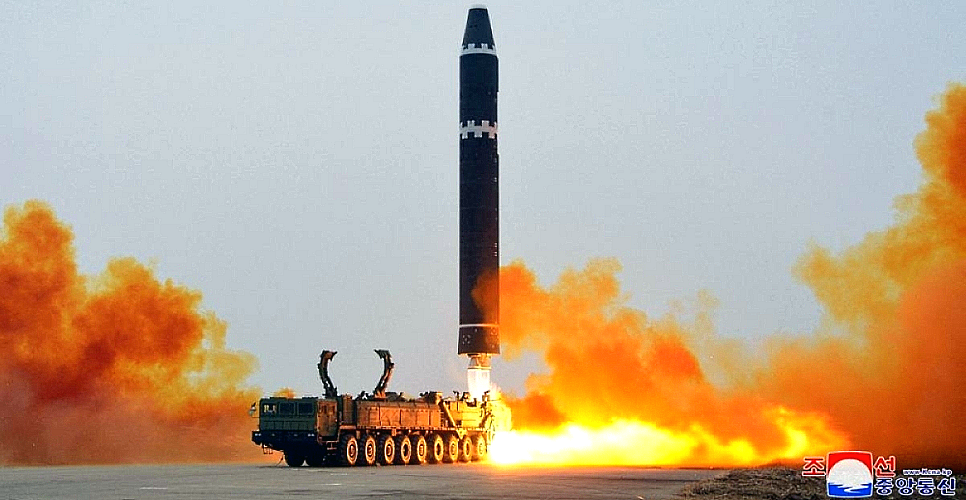
(Atsuhito Isozaki is Professor at Keio University, Japan.)
ADVERTISEMENT
ADVERTISEMENT






